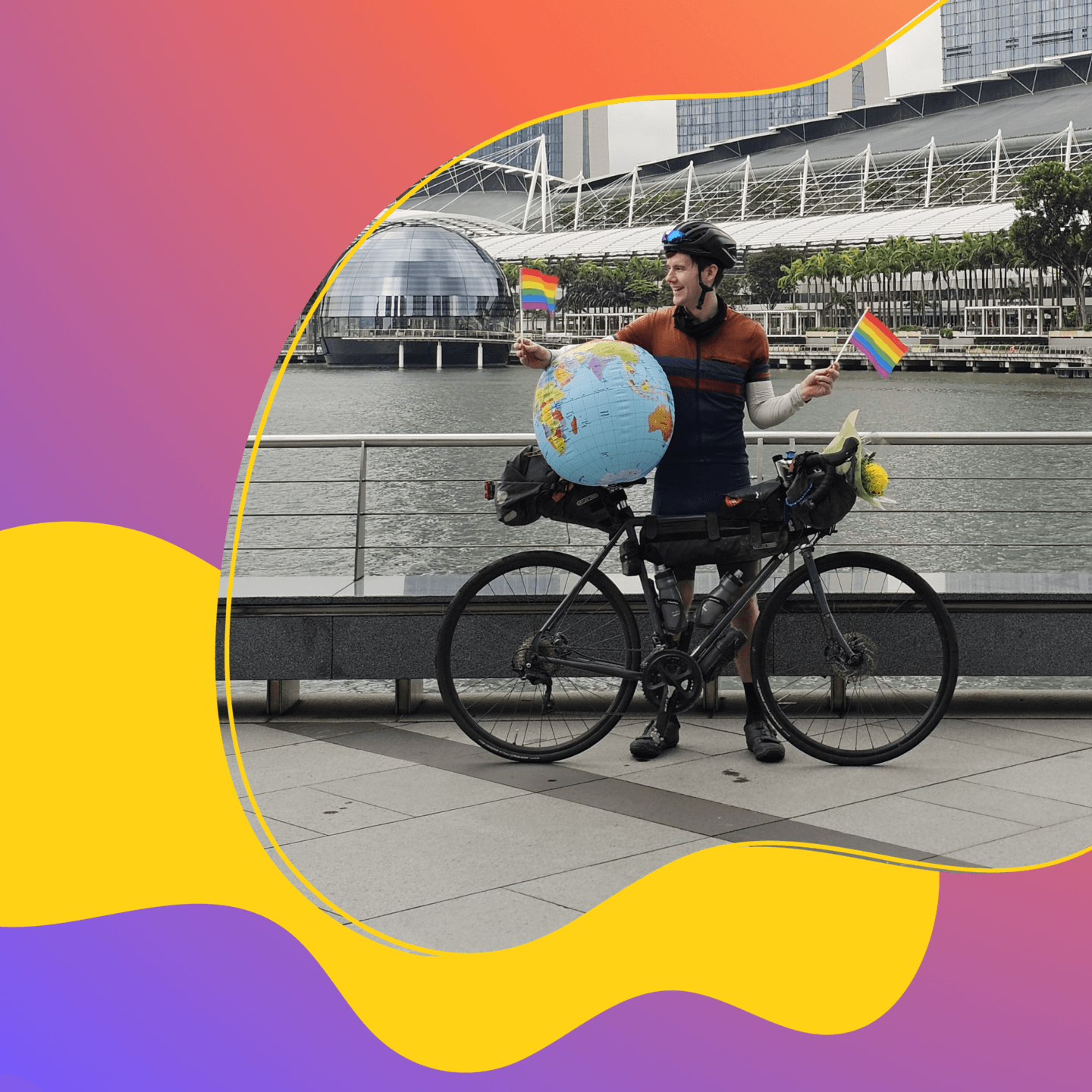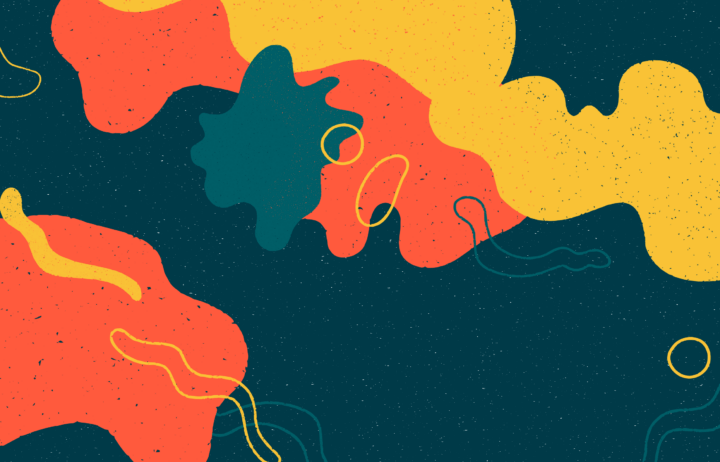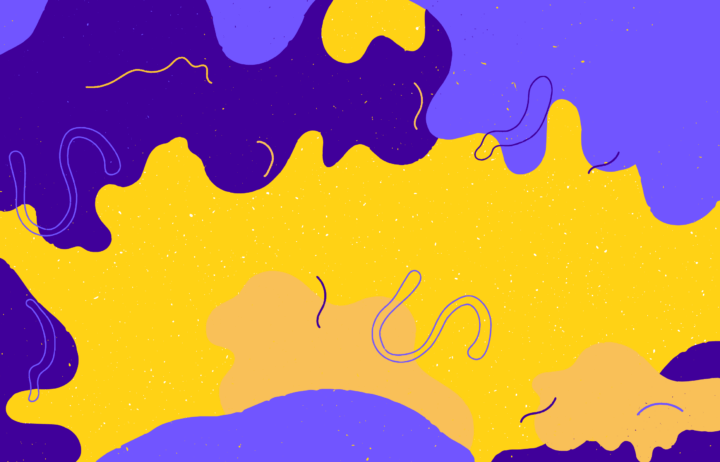Starting in 2020, Andrew Mortensen felt the gloom of COVID-19. Initially searching for a way to spend more time outdoors, he took the small step of biking between two national parks in the Pacific Northwest. Little did he know that his journey would eventually span 37 countries and over 27,000 miles, making him the first openly gay man to cycle around the globe, from North America to the tip of South America, from Spain to Singapore. Along the way, Andrew fundraised over $19,000 for The Trevor Project and wore an orange Trevor t-Shirt to spread the message of hope that Trevor’s services provide. I sat down with Andrew to learn more about his journey and his support for Trevor.
This interview has been edited for length and clarity.
Written by Ryan Bernsten (he/him), Senior Managing Editor
RYAN: So Andrew, tell me a little bit about this amazing record-setting endeavor that you set out on.
ANDREW: It starts in the wee days of COVID when we were all cooped up, and I set out as an athlete to do something that was a little bit less stifling. You can only run around the block so many times. So I got on my bike to go places that I couldn’t access because of lockdowns and just general uncertainty about travel. So I pushed further and further and before I knew it, I was crossing states and I got this grand idea to cross the United States. I told my parents, I’m going to bike across the country. And they’re like… what?
I had lost two friends who died by suicide. And that was in the year and a half before COVID started. And that was actually when I started volunteering for the Trevor Project as a crisis counselor. And so when I was about halfway through the U.S. that I would dedicate my ride for The Trevor Project and ride for my friends and for so many others who are in need of some support. So I finished the ride across the country and things were going great. Fundraising was going well. I loved the experience of being outdoors. I met so many incredible, affirming people and I decided, Forrest Gump-style, I would just keep going. I went into Mexico and all the way down to South America. That was eight months, 17,000 miles. And then I came back for grad school at the University of Texas and had some time. I thought, “why not finish the job, go around the world?” So I decided to ride from Spain to Singapore.
RYAN: Can you talk about finding affirming communities on the way?
ANDREW: It’s remarkable throughout the whole journey and particularly North America, the expectation versus reality. I talked to folks I met on the road in cafes, restaurants, hotels, and told them about my story and my endeavor. And everybody had a story about someone they knew — sometimes even their own family member, son, daughter, brother, sister who struggled with suicide. And I think riding and meeting people made me understand the magnitude of this issue, because it affects all of us. In fact, from Florida to Texas, I wore my orange Trevor Project shirt every day and that was the best two week period. It sparked so many valuable conversations and a lot of common ground. I went to the smallest church in the country, like this little tiny shoebox of a church. And when I was out there wearing my Trevor shirt, a couple approached me and we started talking. It was, initially, very clear that they needed some convincing Trevor was important. And I think at the end of the day, whatever our differences are, everyone can agree that no one should have to die by suicide.
RYAN: That’s something we talk about a lot here at Trevor. We’re doing is not controversial. We believe all young people should thrive. And stay alive. That’s not political.
ANDREW: And whatever we believe in, whoever we vote for, if we can all come to that agreement, that is so powerful.
RYAN: Exactly. Tell me a little bit about your work as a Trevor crisis counselor volunteer.
ANDREW: Two friends and a coworker of mine had been a crisis counselor and he kind of connected dots from me. I finally went through the training and started my journey as a crisis counselor in 2019. And I really learned how to listen and how to understand where people are coming from and meet them there. A big thing I learned in the training was avoiding solving any issues and more being there for people. Just listening and just giving them a space — I learned that this is 90% of the battle because so many of us don’t have that. And so I would encourage folks to volunteer and give back. Because you get something back — it makes you a better listener.
RYAN: This year’s Pride campaign, spoiler alert, is called “Pride in Action” and we’re really highlighting people that are actually doing something about the problems that queer communities are facing across the country. I think that you’re such a perfect example of someone that actually got out there. What advice would you give to people who want to make a difference but maybe they are feeling helpless, like all they can do is doom scroll?
ANDREW: I would say start some small. I know it’s cliche, but reaching out to a friend or talking to someone that needs help. The metaphor around the bike trip, for example: I didn’t know I was going to ride around the world when I started. I didn’t know I was going to ride to South America. I didn’t know I was going to cross the country. But what I did do was ride from Seattle to Olympic National Park and then the next day I rode from Olympic National Park to Tillamook, Oregon. It wasn’t a trip around the world; it was a compilation of many small actions that then accumulated in this wild journey. And so my advice would be to start small and do something really simple like going for a bike ride or talking to a friend and build on that. There’s no right or wrong way to do this.
Lastly, I think a part of my trip people talk a lot about is why does it matter that you’re gay and did this or why does it matter to be the first openly gay person to do this? And it matters because I couldn’t be myself for a lot of this trip, when I was in the Middle East for example. And it matters for representation because my trip was an analog to the fear, the pressure, and the uncertainty that LGBTQ+ folks feel in the US and around the world. And even in the cycling community, I felt like I couldn’t sometimes even share that I was gay. And it matters to the people that I met along the way who told me, “hey, I’m also gay.” And maybe there needed to be a first publicly or openly gay person to do this, to prove that it’s actually possible. Despite my reservations or despite the headlines and the media, the world was actually super loving and welcoming. And maybe we need that narrative now, especially one that has a little bit of hope and optimism because the world I saw was beautiful.
RYAN: I love that. And it’s not just about the physical endeavor, which is obviously great, but the social and emotional endeavor going across the world and figuring out if people would accept you with open arms, which I’m sure is an experience a lot of young people could relate to. My last question is what did people know about The Trevor Project? How did you explain the Trevor Project to people?
ANDREW: I got that question a lot. “What’s this t-shirt you’re wearing or what’s The Trevor Project?” And my response was like, yeah, we help save young people’s lives, we help save young LGBTQ+ lives and it’s an organization that is really important in my life.
RYAN: And how did people react?
ANDREW: They said it sounds necessary, now more than ever.
To start the wheels of change in motion and start a fundraiser yourself, register today on our website: thetrevorproject.org/fundraise


